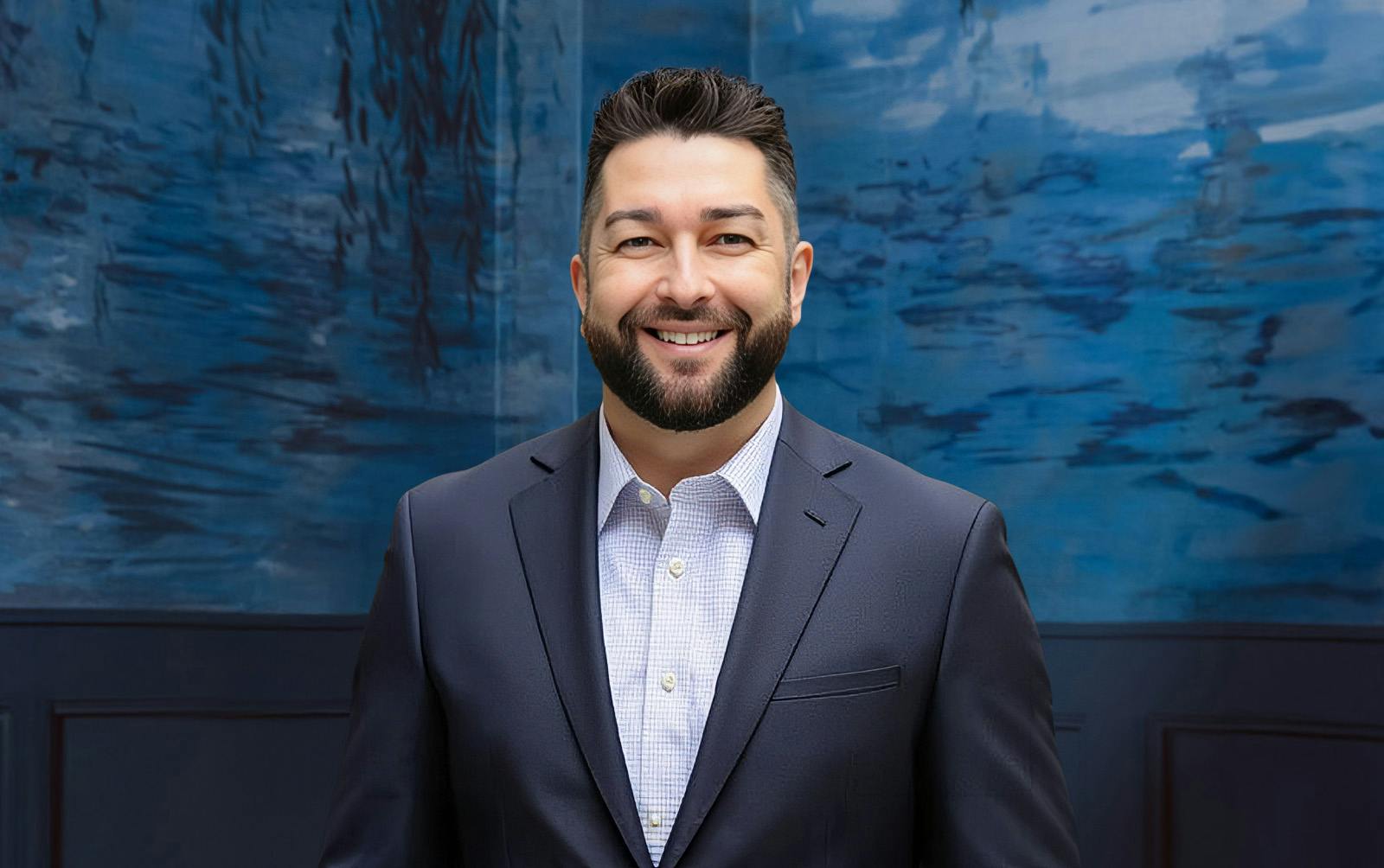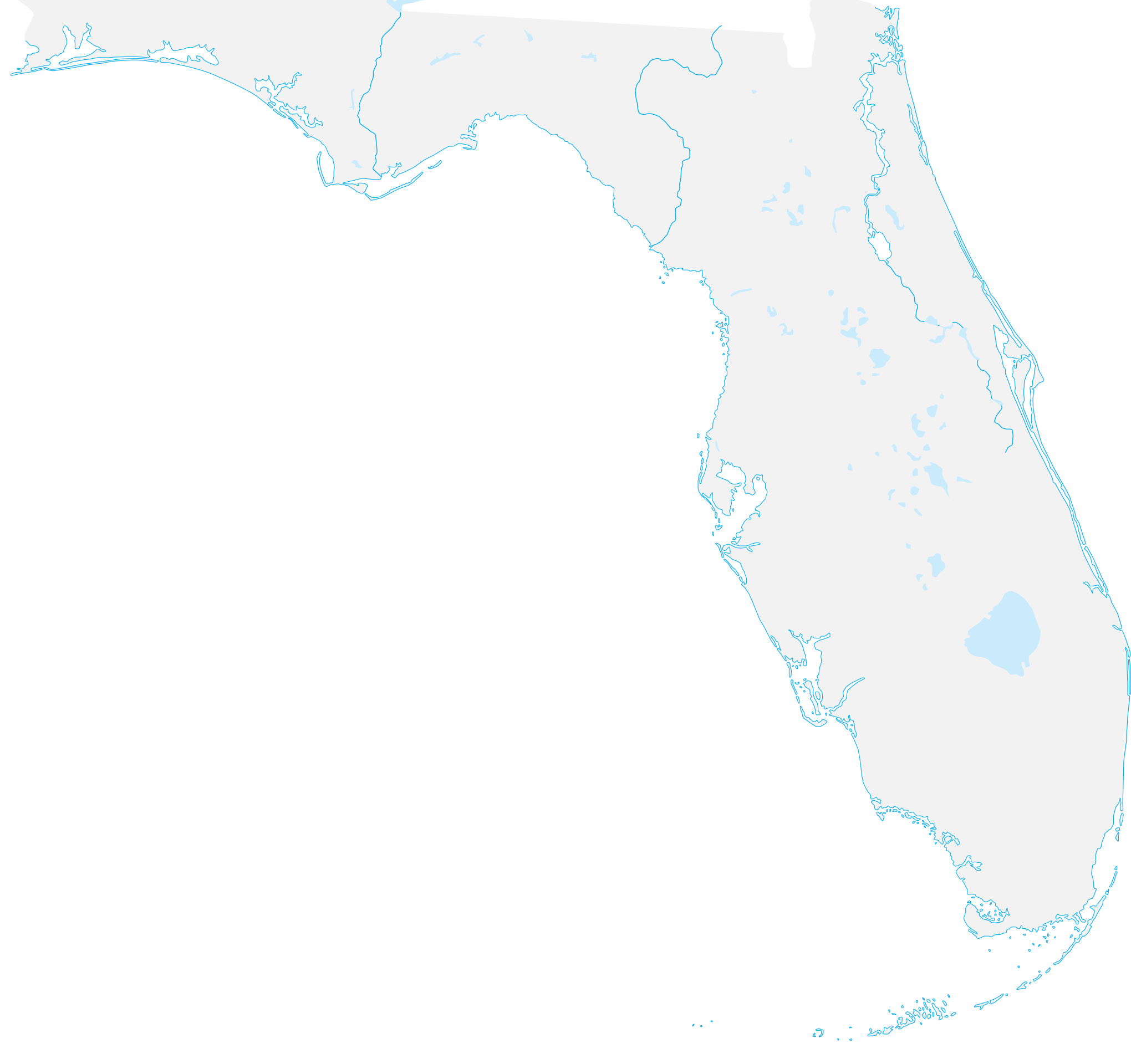Jan 21, 2026


We often get questions from clients, especially those adopting out of the foster care system, about adoption subsidy. Although the following is not intended as legal advice and though we strongly encourage clients to consult with subsidy experts (like those at Heart of Adoptions, Inc., please consider this helpful information regarding subsidy.
A Title IV-E adoption subsidy usually consists of four primary benefits:
-
Monthly stipend
-
Medicaid (or its state equivalent)
-
One-time reimbursement towards adoption expenses
-
Access to post-adoption support services
During the application/approval process, families indicate which of these benefits they would like to apply for, and the state/county must indicate the final approval/denial for each specific component for which they applied.
The monthly stipend is intended to help financially support a family with expenses not covered by insurance. Examples include:
-
therapeutic equipment
-
specialized transportation
-
gas back and forth to appointments
-
compensation for additional time off of work
-
necessary modifications to a home to accommodate a disability
Depending on the state providing the subsidy, this amount may be set in stone according to the determined level of need or it may be negotiable based on each individual child’s application. Even within states with set rates, there are corresponding rates for each level of need. With all of these differences within and between states and rate levels, the monthly stipend can run between roughly $250 and $2,500 per month.
Medicaid is often the most critical component of subsidy approval for adoptive families. Most adoptive families exceed the income requirements to qualify for Medicaid in their state. However, most children who qualify for subsidy assistance are at risk of having a greater need for professional medical and/or mental health services. Having the security of Medicaid to assist in obtaining quality health care can be critical for placement success.
For families that already have private insurance to cover the adopted child, Medicaid can serve as secondary insurance to help cover co-pays and deductibles. Additionally, in some states, there may be support services that can only be accessed as a Medicaid recipient. For instance, a child may be required to be covered by Medicaid to access home health nursing or therapeutic services.
A one-time reimbursement for adoption expenses is typically around $1,000 – $2,000 and is intended to cover a portion of the adoption costs paid by the adoptive family. The amount of reimbursement and the type of qualifying expense vary according to state regulations. Qualifying expenses for adoptions from foster care may include legal fees, private home study fees, or other related expenses. In private adoptions, almost any component of the process qualifies for reimbursement.
Post-adoption support services (often referred to as PASS) include a variety of services intended to support a family after the finalization of an adoption to ensure permanency for a child. In many states, some or all of the PASS services can be accessed regardless of subsidy approval, while other states require subsidy eligibility for some or all of the PASS services. Additionally, the extent to which states offer services varies widely – some states have tremendous resources available to families while others are quite limited in what they offer.
Examples of PASS include:
-
Free counseling for the child and/or other family members
-
Annual financial allowance for home modifications to accommodate a disability
-
Monthly allowance for child care
-
Support group meetings
-
Access to specialized advocates to help navigate school systems
-
Specialized events to help families connect with one another
Should you have any questions regarding subsidy, feel free to click the button below to email me directly.
Robert L. Webster, Esquire












